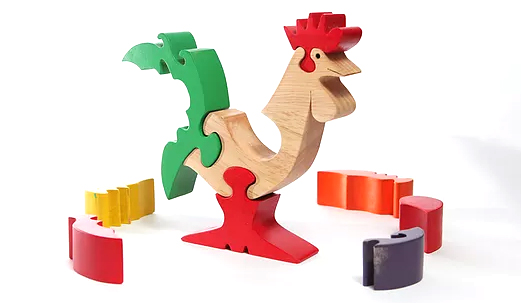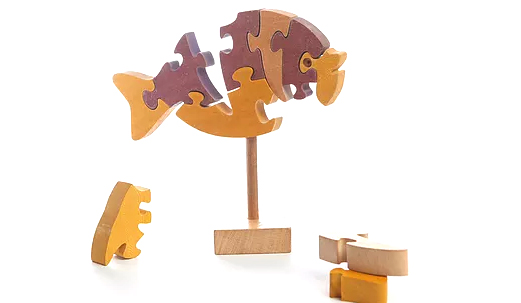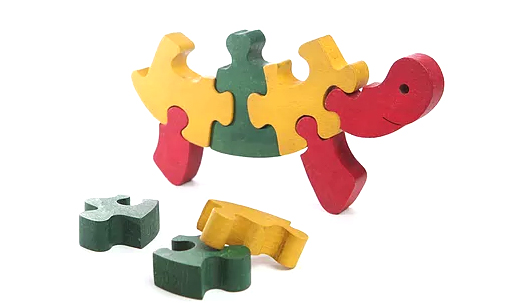Principles and practices and national quality Framework
The principles of Yongala Pre-School are the cornerstone of the education practices for educators, families and management. The principles and practices are drawn from the Victorian Early Years Learning and Development Framework and National Early Years Learning Framework for Australia “Belonging, Being and Becoming”.
The Practice Principles are arranged into three categories:

Collaborative
- Family-centered practice
- Partnerships with professionals
- High expectations for every child

Effective
- Equity and diversity
- Respectful relationships and responsive engagement
- Integrated teaching and learning approaches
- Assessment for learning and development

Reflective
- Reflective practice.
Family-centered practice
Children learn in the context of their families and families are the primary influence on children’s learning and development. Professionals too, play a role in advancing children’s learning and development. Professionals engage in family-centered practice by respecting the pivotal role of families in children’s lives. Early childhood professionals:
- Use families’ understanding of their children to support shared decision-making about each child’s learning and development
- Create a welcoming and culturally inclusive environment where all families are encouraged to participate in and contribute to children’s learning and development experiences
- Actively engage families and children in planning children’s learning and development
- Provide feedback to families on their children’s learning and information about how families can further advance children’s learning and development at home and in the community.
Partnerships with professionals
Early childhood professionals are from diverse professional backgrounds. They use multidisciplinary approaches to provide better support to families and draw on the skills and expertise of their peers. Early childhood professionals:
- Work collaboratively to share information and plan to ensure holistic approaches to children’s learning and development
- Understand each other’s practice, skills and expertise, and make referrals when appropriate
- Acknowledge the significance of transitions within and across early childhood services and schools, and ensure that children understand the process and have an active role in preparing for these transitions
- Build on children’s prior learning and experiences to build continuity for their learning and development from birth to eight years of age.
- Strive to build mutually respectful and supportive relationships between management, educators and families that are vital to the optimal delivery of learning experiences to children.
High expectations for every child
Every child has the ability to learn and develop. Having high expectations is especially important in achieving better outcomes for the most vulnerable children. Some children require additional supports and different learning experiences and opportunities to help them to learn and develop. Early childhood professionals:
- Commit to high expectations for all children’s learning and development
- Ensure that every child experiences success in their learning and development
- Recognise that every child can learn, but some children require quite different opportunities and supports to do this
- Work with families to support children’s learning and development at home and in the community.
Equity and diversity
Children’s personal, family and cultural histories shape their learning and development. Children learn when early childhood professionals respect their diversity and provide them with the best support, opportunities and experiences. Early childhood professionals:
- Support children’s evolving capacities to learn from birth
- Ensure that the interests, abilities and culture of every child and their family are understood, valued and respected
- Maximize opportunities for every child
- Identify areas where focused support or intervention is required to improve each child’s learning and development
- Recognise bi-lingual and multi-lingual traits as an asset and support these children to maintain their first language and learn English as a second language
- Promote cultural awareness in all children, including greater understanding of Aboriginal and Torres Strait Islander ways of knowing and being
- Support children to develop a sense of place, identity and a connection to the land
- Encourage children as active participants for sustainability,
- Influence the quality of life now, and for future generations.
Respectful relationships and responsive engagement
From birth, secure attachments formed through warm and respectful relationships with familiar adults are fundamental to children’s learning and development.
These relationships protect, regulate and buffer children. They provide a secure base that helps children to feel safe and confident to try new things and to learn. Interactions with children and families inform early childhood professionals’ knowledge of children’s distinctive interests, skills, cultures and abilities. This is crucial to providing positive experiences and a safe and stimulating environment that will encourage children to expand their capacities and deepen their knowledge and understandings.
Early childhood professionals:
- Initiate warm, trusting and reciprocal relationships with children
- Provide safe and stimulating environments for children
- Develop learning programs that are responsive to each child and build on their culture, strengths, interests and knowledge to take their learning and development forward
- Understand, communicate and interact across cultures by being aware of their own world view
- Respect the views and feelings of each child.
Integrated teaching and learning approaches
Early childhood professionals recognize that a gradual shift in emphasis occurs over the first eight years of a child’s life, along a continuum from play to more structured learning in formal settings. Early childhood professionals apply strategies to support sustained and shared interactions with children through play to more focused experiential learning.
Learning is an active process that must involve children’s engagement. Play is essential for its ability to stimulate and integrate a wide range of children’s intellectual, physical, social and creative abilities. Active engagement with, and attunement to children in their play extends and supports their learning. Shared, sustained conversations are also a powerful and important feature of active adult engagement.
Early Childhood Professionals:
- Encourage children to explore, solve problems, communicate, think, create and construct
- Use their judgment to support children’s learning and development through a combination of child-led and adult-led play-based learning, as well as active educator-led learning
- Create physical environments that support a range of opportunities for learning and physical activity, both indoors and outdoors
- Build on children’s interests, abilities, cultures and previous learning experiences to extend their thinking, learning and development
- Use child-centered approaches to explicitly teach particular knowledge and skills
- Recognise the connections between aspects of children’s learning and development.
Assessment for learning and development
Assessment is designed to discover what children know and understand, based on what they make, write, draw, say and do. Early childhood professionals assess the progress of children’s learning and development, what children are ready to learn and how they can be supported.
All children benefit when assessment reflects a whole-child approach, providing an holistic view of learning and development. Early childhood professionals use a range of assessment tools, processes and approaches to build on prior learning, avoid duplication and add value.
Early childhood professionals understand that families play a vital role in their children’s learning and development. Early childhood professionals are aware of the health and wellbeing of the family when planning for the child’s learning and development.
Early childhood professionals assess children’s learning in ways that:
- Inform their practice
- Include children’s views of their own learning
- Are authentic and responsive to how children demonstrate their learning and development
- Draw on families’ perspectives, knowledge, experiences and expectations
- Consider children in the context of their families and provide support to families when necessary
- Value the culturally specific knowledge embedded within communities about children’s learning and development
- Are transparent and objective, and provide families with information about their children’s learning and development, and about what they can do to further support their children
- Gather and analyze information from a wide range of sources to help them assess and plan effectively
- Provide the best possible advice and guidance to children and their families.
Reflective practice
Children’s learning and development is advanced when they experience interactions with highly effective early childhood professionals. Early childhood professionals become more effective through critical reflection and a strong culture of professional enquiry.
Early childhood professionals:
- Gather information that supports, informs, assesses and enriches decision-making about appropriate professional practices
- Continually develop their professional knowledge and skills to enable them to provide the best possible learning and development opportunities for all children
- Promote practices that have been shown to be successful in supporting children’s learning and development
- Use evidence to inform planning for early childhood experiences and practice
- Challenge and change some practices.
HOW ARE THE PRINCIPLES AND LEARNING FRAMEWORKS USED?
At Yongala we use two frameworks as the basis of our program, the Victorian Early Years Learning and development framework (VEYLDF), from which the principles are taken, and the National Early Years Learning Framework for Australia: Belonging, Being and Becoming. As well as providing the basis for planning, promoting and assessing learning, they allow all educators across Australia to focus on the same learning and wellbeing outcomes for the children in their care. They also allow us a shared language and encourage us to involve families and a community in children’s learning. Individual learning stories, individual objectives, group program plans and reflections will all use these frameworks to describe how your child’s developmental outcomes are being planned for and achieved. Therefore it is important all families are familiar with these documents.
The VEYLDF learning outcomes have numbers given to each outcome. These numbers will be used in your child's link book to show how your child is progressing. At the beginning of the kinder year the outcomes will be emailed to you and they will be explained further in the interview in the first week of term so that you will be able to understand the information in your child's book.
If you would like any more information, hard copies of the frameworks are available for families to borrow from the office or you can download your own copy of the frameworks from cccvic
